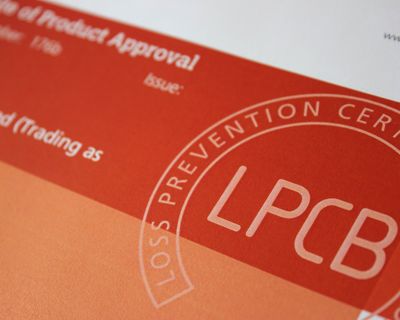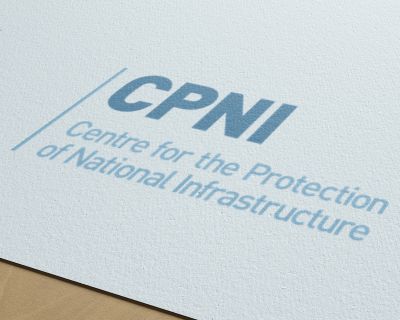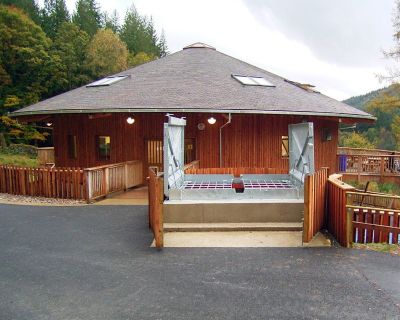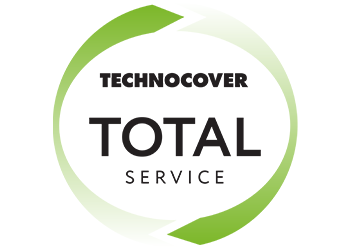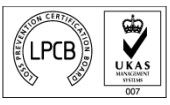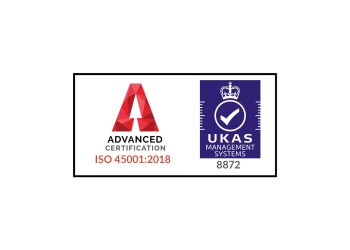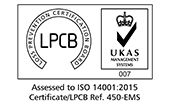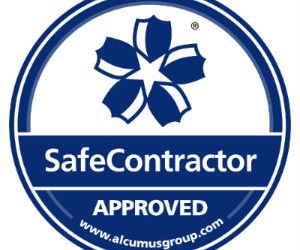Securing Energy Infrastructure
Long-term resilience of UK electricity supply depends on effective physical security, says Technocover, specialists in ‘Total Service’ LPCB-certificated physical security for critical infrastructure.
The UK faces a mammoth task in migrating to a secure energy mix that will meet the nation’s future electricity needs and targets on carbon reduction. But our aspirations of supply continuity require some physical underpinning. We also need to harden the electricity network against physical interventions – from natural disasters to criminal attack – that can seriously disrupt service.
While extreme weather events do not happen every day, production, storage and transmission assets are at constant risk of unauthorised human activity – trespass, vandalism, theft, infiltration, extortion and terrorism.
CCTV, alarms and high tech access control offer the capability for integrated security management and surveillance across multiple sites. These are designed to detect and alert site management to trespassers and, together with physical perimeter protection, deter their progress into more sensitive operational areas. But in the time it takes responders to arrive, security may ultimately rely on an access cover, door or enclosure as the final barrier to critical systems, processes and materials.
Tested Resistance
These ‘last lines of defence’ must provide an appropriate level of tested resistance to the assessed risk of physical attack. Under tightened homeland security, the electricity sector like other areas of national infrastructure is seeing growing adoption of government-listed, third party tested security products.
Traditionally reliant on CPNI (formerly SEAP) assured equipment, electricity operators are now also investing in the rigorous certification regime of LPCB (Loss Prevention Certification Board) as a reliable alternative.
LPCB approves physical security products – such as access covers, cabinets, doors, louvres, kiosks – that meet the rigorous test criteria of LPS1175. This rates the equipment’s resistance to forced entry, based on the use of a wide range of tools available to attackers, in terms of the delay it provides to the creation of a hole through which assailants can pass.LPCB is well established in the water industry where it has long been recognised as an appropriate certification regime. Its use is also growing for oil and gas applications. As well as assuring security performance based on real attack risks, LPCB provides on-going audit of the manufacturer’s design and quality management systems as a condition of certification.
The approval regime also provides dynamic flexibility to bring new performance-assured solutions to market as security needs grow. The LPCB name has ushered in wide-ranging types, sizes and volumes of physical protection equipment with the escalation in demand post 9/11.
Confident
With this pedigree, specifiers can be confident of using LPCB more widely in hardening the electricity network to consistent and reliable performance levels. But implementation of effective security does not stop with the right certification.
System performance and cost management can be undermined if supporting elements of security fulfilment, from site survey to installation, are not carefully considered and executed.
It is advisable to consult early with Total Service specialists like Technocover who are experienced and competent in delivering fully evolved turn-key solutions that account for life-cycle costs. Through early planning and close collaboration with the client and contractor, we can identify needs and all factors of system fulfilment in delivering the best ‘whole life cost’ solutions from our UltraSecure range.
Technical Excellence
Backed by over 20 years’ experience in securing critical assets, solutions draw on our comprehensive Total Service support and technical excellence.
This goes from site surveys, risk assessment advice, specialist design and value engineering, options for offsite construction and coordination with BIM where required, through to production, delivery and logistics planning, installation, and even on-going system maintenance. It also includes operational considerations – integration with state-of-the-art access control, as well as features for health and safety and to aid site efficiency.
Increasingly, Technocover is undertaking factory assembly and full M&E service fit-outs of increasingly larger security kiosks to reduce programme time and site labour.
As the complexity and size of asset hardening projects increase, so does risk – of meeting deadlines, budgets and ensuring the finished integrity of security installations.
Security providers with the product range, logistical resources and manufacturing infrastructure to efficiently service larger programmes can help alleviate this risk burden. Technocover is completing a two-year investment of over £1M in production and a delivery fleet in meeting the bigger and more sophisticated physical security challenges on the critical infrastructure site.
OFGEM expects the transmission sector to deliver its asset renewal programmes as efficiently as possible without exposing customers to ‘undue costs and risks’. The implementation of robustly tested security equipment by a competent full service supplier can play a vital role.
In the short-term it will ensure delivery of cost-effective, compliant solutions, on time and on budget. In the long-term, it offers proven, risk-appropriate security over the service life of new infrastructure, plus cost control.
And that’s a solid foundation in helping to assure the future resilience of UK electricity.
ENDS
For further information telephone 01938 555511 or E-mail: techadvice@technocover.co.uk
This article was published in Electricity 25


